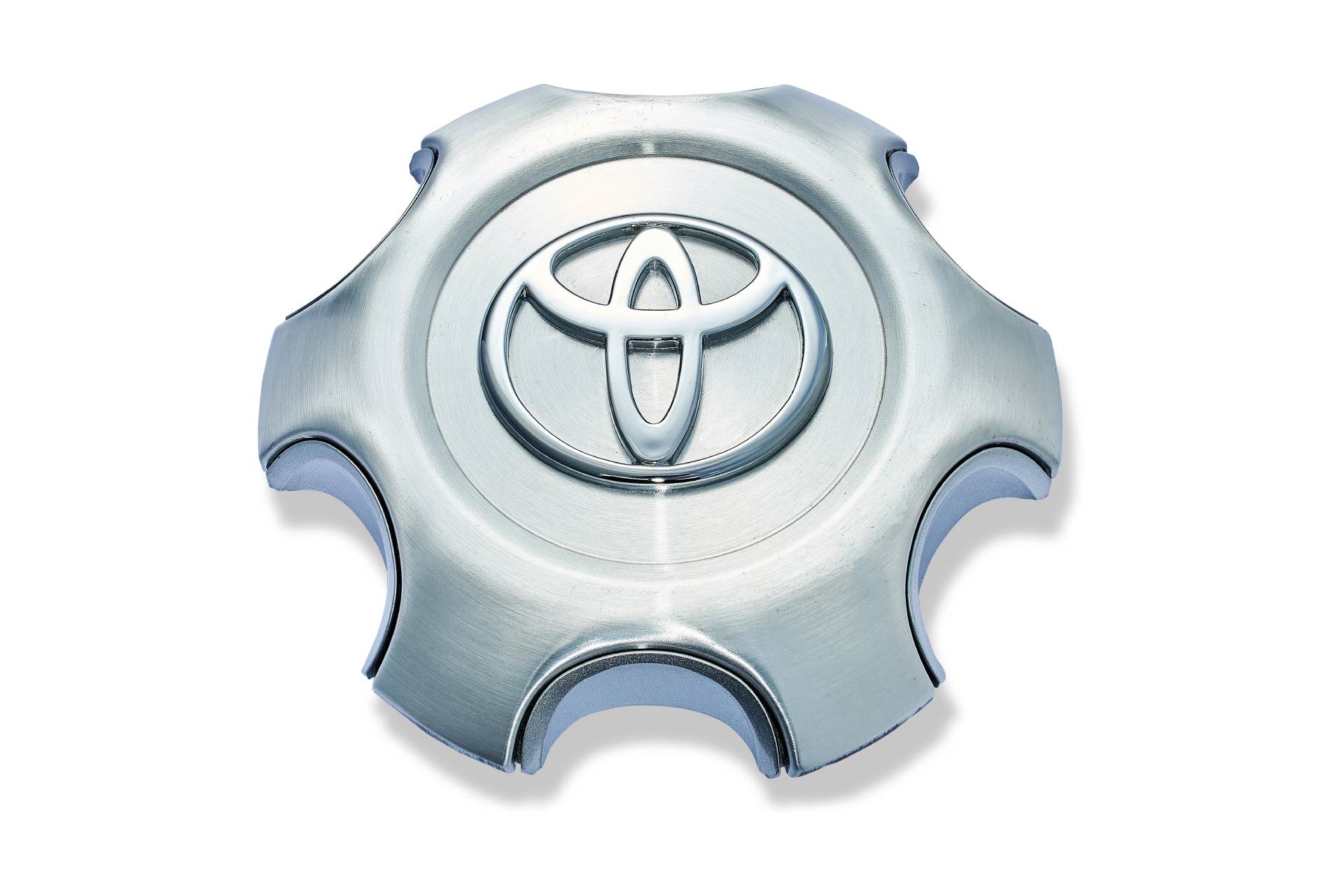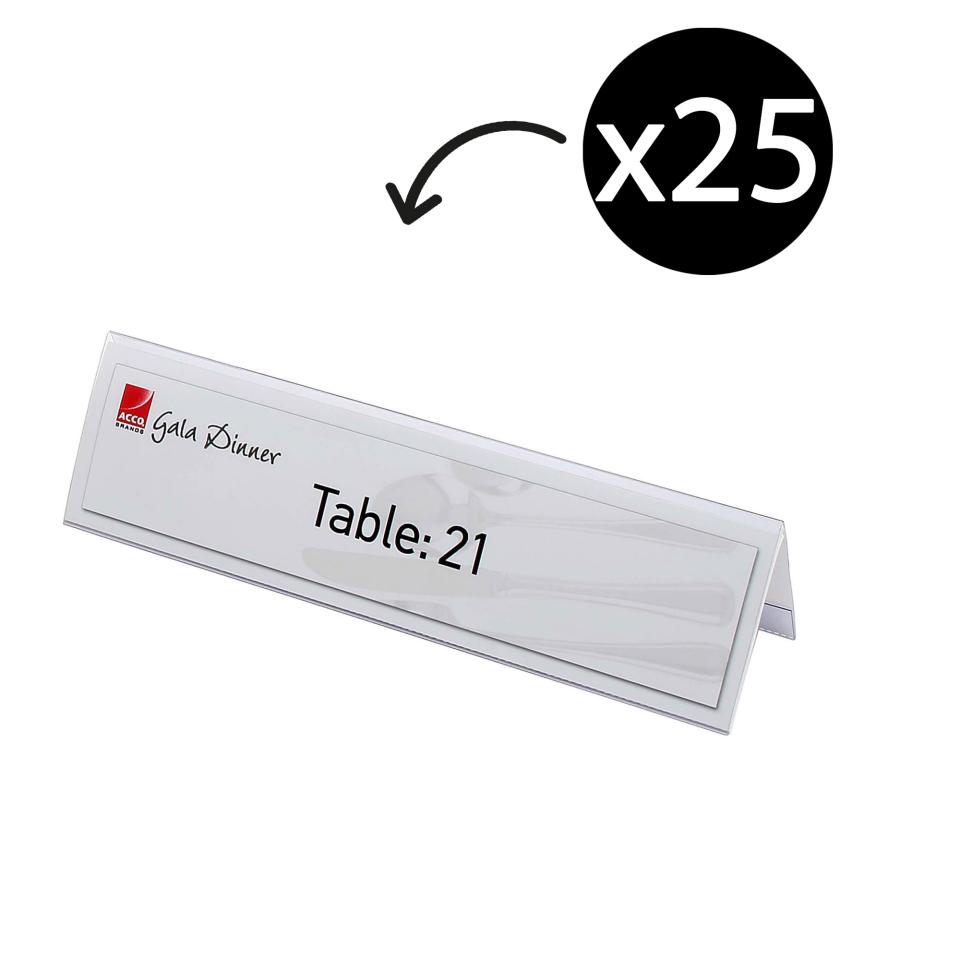How to Design Eye-Catching Plastic Nameplates for Your Brand
How to Design Eye-Catching Plastic Nameplates for Your Brand
Blog Article
Exactly How Plastic Nameplates Are Produced: A Comprehensive Overview to Their Production Refine
The production of plastic nameplates includes several exact actions, beginning with the choice of suitable products to the final complements. Each phase is critical, ensuring the item satisfies certain needs for durability and aesthetics. Various manufacturing strategies play a considerable function in crafting these nameplates. Recognizing these processes can lose light on the complexities behind what might appear like a basic item. What elements add to the high quality and customization of these nameplates?
Understanding Plastic Products Made Use Of for Nameplates

The Design Refine: From Principle to Prototype
The style procedure for plastic nameplates begins with a clear idea that overviews the general production. Designers team up with clients to specify the purpose, design, and certain requirements of the nameplate. This preliminary phase consists of brainstorming sessions, sketching ideas, and picking colors and font styles that straighten with branding goals.Once the concept is established, developers utilize computer-aided style (CAD) software program to develop thorough electronic depictions. These prototypes permit visualization and adjustments before moving on. Feedback from stakeholders is important throughout this phase, as it assists refine the design to meet expectations.After finalizing the digital model, a physical design may be generated, typically with strategies like 3D printing. This tangible representation allows additional assessment of appearances and functionality. In general, the style procedure is an important step that lays the foundation for the efficient production of high-quality plastic nameplates.
Reducing and Forming the Plastic
In the cutting and forming stage of plastic nameplate manufacturing, the selection of materials plays a necessary function in determining the final product's high quality and sturdiness (Plastic Nameplates). Numerous precision reducing techniques, such as laser cutting and CNC machining, warranty that the plastic is formed with accuracy and uniformity. This combination of cautious material choice and progressed cutting techniques is vital for generating top notch nameplates

Material Option Process
Choosing the best product is necessary for generating top notch plastic nameplates. Numerous kinds of plastics are readily available, each offering distinctive advantages and attributes. Usual options include acrylic, polycarbonate, and PVC. Polymer is preferred for its quality and UV resistance, making it excellent for outside applications. Polycarbonate, recognized for its resilience and effect resistance, is ideal for atmospheres that need enhanced security. PVC is commonly picked for its cost-effectiveness and flexibility in design. The option procedure additionally considers variables such as surface area, density, and color surface, which can considerably affect the final look and functionality of the nameplate. Inevitably, the chosen product should align with the meant usage and visual objectives of the plastic nameplate.
Accuracy Cutting Strategies
While picking the appropriate product prepares, accuracy cutting strategies play a necessary function fit the plastic nameplates right into their last kinds. Numerous techniques, including laser cutting, CNC milling, and die reducing, are utilized to attain accuracy and consistency. Laser cutting utilizes focused light to create intricate designs and clean sides, ideal for complicated patterns. CNC milling offers versatility by removing excess material with precision, fitting different thicknesses and shapes. Die cutting, on the various other hand, enables for mass production of uniform pieces, enhancing performance. Each technique is chosen based upon the design specifications and the desired finish, ensuring that the last item meets quality standards and consumer expectations while keeping longevity and visual charm.
Printing Methods for Customization
How can suppliers achieve accurate and vibrant designs on plastic nameplates? The response lies in various printing techniques customized for personalization. Digital printing has gotten appeal as a result of its capability to generate intricate styles and high-resolution photos directly onto plastic surface areas. This technique enables quick turn-around times and minimal arrangement costs, making it ideal for brief runs and personalized orders.Screen printing continues to be one more extensively made use of strategy, especially for bigger amounts. It includes creating a stencil and using layers of ink, resulting in rich shades and longevity. UV printing, which uses ultraviolet light to treat the ink, is also efficient, giving outstanding bond and resistance to fading.Additionally, pad printing supplies flexibility for irregularly shaped nameplates, permitting comprehensive layouts on tough surfaces. These printing approaches enable suppliers to fulfill diverse client requires while making certain high quality and long life in their plastic nameplate products.
Surface Treatments and Finishing Options

Quality Assurance Procedures in Manufacturing
Guaranteeing the highest possible requirements of quality assurance throughout the manufacturing of plastic nameplates is essential for maintaining product stability and client contentment. Suppliers apply rigorous inspection methods at numerous phases of the manufacturing process. look at this site Initially, resources go through complete testing to validate they fulfill requirements for durability and shade uniformity. Throughout the molding stage, automated systems keep an eye on specifications such as temperature and stress to avoid defects.In enhancement, aesthetic evaluations are conducted to identify any kind of surface area imperfections or imbalances. Once the nameplates are created, they go through useful tests, consisting of adhesion examinations for printed elements and tension examinations for longevity. Quality control groups usually utilize analytical sampling approaches to assess sets, making certain that any variances from standards are immediately dealt with. This detailed approach not just enhances item quality yet also promotes depend on with clients, affirming the maker's dedication to excellence in every nameplate created.
Product packaging and Circulation of Finished Nameplates
The product packaging and circulation of finished plastic nameplates are crucial actions in ensuring they get to consumers in ideal condition. Different product packaging products are selected to secure the nameplates throughout transportation, while shipping approaches are very carefully chosen based on effectiveness and cost-effectiveness. Furthermore, efficient storage remedies are executed to preserve quality till the nameplates are delivered.
Packaging Materials Used
When dispersing completed plastic nameplates, choosing proper product packaging materials is necessary to guarantee their defense throughout transit. Generally employed products include bubble cover, foam extra padding, and cardboard boxes, all designed to support the nameplates against shocks and influences. Bubble wrap provides an adaptable barrier, while foam padding warranties that nameplates remain firmly in location, minimizing the risk of scrapes or breakage. In addition, strong cardboard boxes are utilized to include the nameplates, offering structural assistance and defense from exterior elements. Tags may be applied to suggest handling guidelines or fragile materials, even more boosting safety during transport. Generally, utilizing high-quality product packaging materials significantly adds to the integrity and presentation of the finished plastic nameplates upon arrival at their destination.
Shipping Approaches Utilized
Effective distribution of ended up plastic nameplates depends on various delivery methods that guarantee safe and secure and continue reading this timely delivery. Companies commonly utilize courier solutions, products shipping, and postal services, relying on the dimension, weight, and destination of the bundles. For local shipments, messenger services supply rapid transit, making sure nameplates get to consumers swiftly. For bigger orders, products delivery is preferred, using vehicles or shipping containers to carry mass quantities effectively. Post offices work as an economical alternative for smaller deliveries, specifically for domestic distributions. All delivery approaches focus on protective packaging to avoid damage during transit. Tracking systems are also used to keep an eye on deliveries, giving customers with real-time updates and reassurance relating to the condition of their orders.
Storage Solutions Implemented

Frequently Asked Questions
What Kinds of Services Typically Make Use Of Plastic Nameplates?
Plastic nameplates are typically utilized by numerous companies, including workplaces, medical facilities, factories, and schools. These nameplates serve vital features such as identification, info display, and branding, adding to business effectiveness and professional appearance across varied environments.
The length of time Does the Entire Production Process Take?
The production process period differs based on complexity and quantity, generally ranging from a few days to numerous weeks. Variables influencing this timeline consist of design authorization, product accessibility, and manufacturing techniques utilized by the business.
Can Plastic Nameplates Be Recycled After Use?
Plastic nameplates can be recycled, supplied they are made read review from recyclable products. The schedule of recycling programs and regional laws may impact their recyclability. Proper disposal practices are necessary to assure effective recycling.
What Are the Ecological Influences of Plastic Nameplate Manufacturing?
The ecological influences of plastic nameplate production include carbon emissions, resource deficiency, and pollution from producing procedures. Plastic Nameplates. In addition, incorrect disposal adds to plastic waste, detrimentally influencing ecological communities and wildlife, highlighting the requirement for sustainable practices
Exist Any Security Interest In Plastic Nameplates?
Safety concerns relating to plastic nameplates largely entail possible chemical direct exposure during production and the danger of materials deteriorating in time, which might lead to hazardous materials being released, affecting both human health and wellness and the environment. While different products can be used for nameplates, plastic continues to be a preferred selection due to its flexibility and toughness. In the cutting and shaping stage of plastic nameplate production, the choice of materials plays an important function in determining the last item's high quality and resilience. Selecting the appropriate material is crucial for generating high-quality plastic nameplates. While choosing the appropriate product lays the groundwork, accuracy cutting strategies play a crucial duty in shaping the plastic nameplates right into their final forms. When dispersing completed plastic nameplates, picking proper product packaging materials is necessary to assure their protection throughout transportation.
Report this page